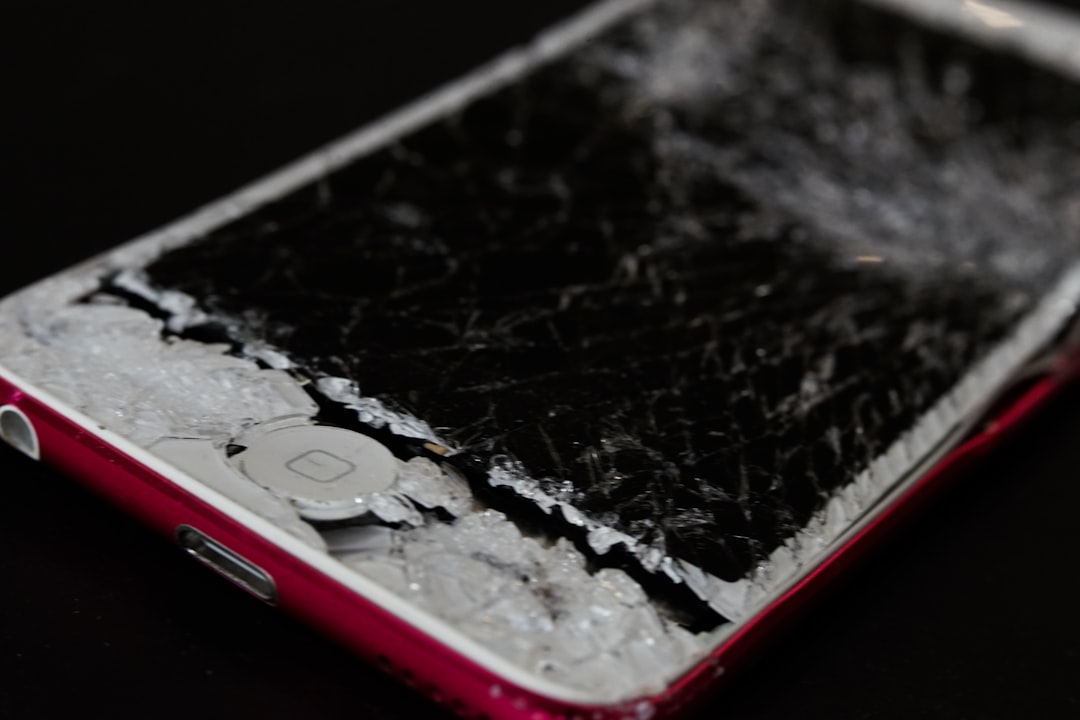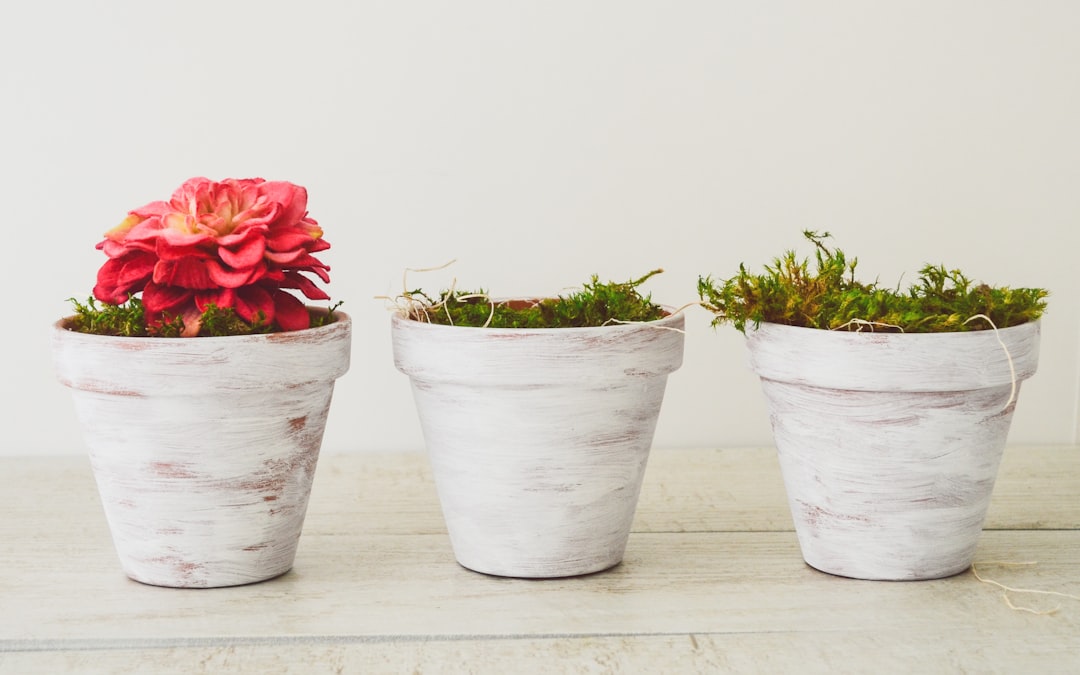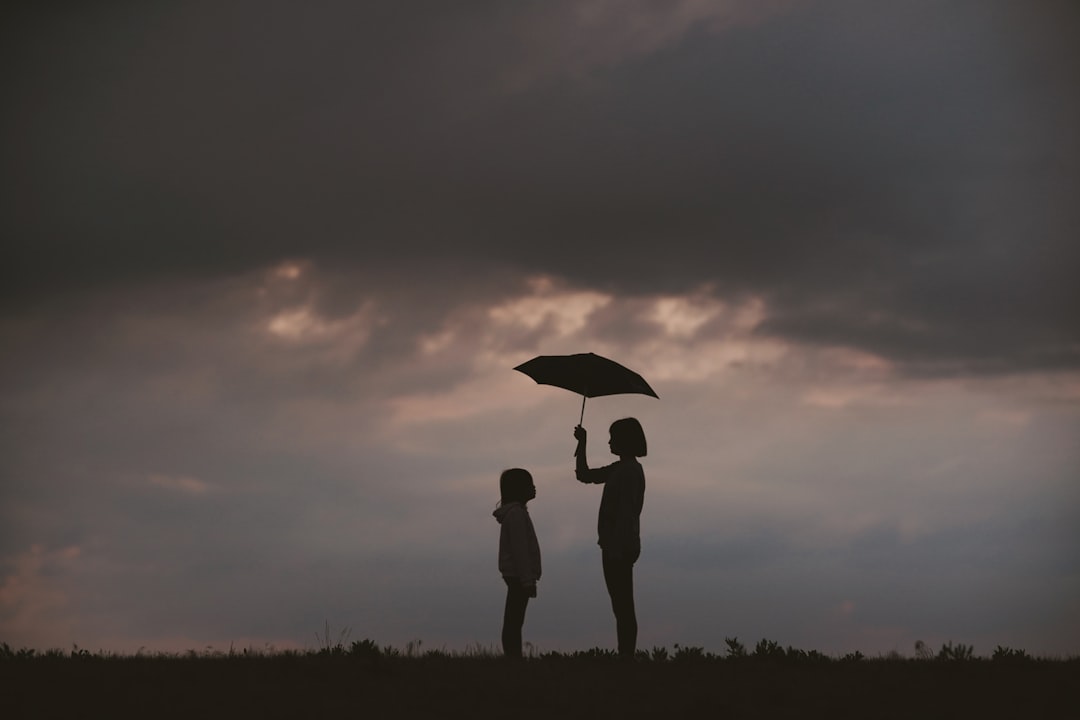I was on a dirt road, driving home from an event. It was dark and had rained torrentially that day. I took a wrong turn; it didn’t feel right, but I kept going. The dirt road plunged into an unknown stone road. Now that wasn’t right.
I attempted a U-turn, and of course you know where this is going, because you read the headline: one of my front wheels got stuck in the mud.

I’d owned my phone for over 6 years and had long pledged to change it, because it was impaired beyond repair. The microphone didn’t pick up sound; the battery didn’t charge up; the 4G was erratic. I made do with a cheap plug-in headset; an external charger; and some patience.
I told myself that a slow, temperamental device with no space for new apps made it easier to limit my screen time and focus on more important things. Yet, I spent hours, days, months, searching for the right, durable, affordable replacement, setting such an impossible bar that I ended up buying nothing.
That night on the dark mountain, I miraculously managed to google my insurance company AND speak to a helpful person AND text Beloved before my battery died. Then I waited for the roadside assistance mechanic.

When I got stuck in the mud with my near-useless phone, I immediately thought: WHAT IF I HAD BEEN WITH THE KIDS? Why are those choices effortless when it comes to my children’s, to other people’s well-being, and so tortuous when it’s about my own?
Why do I find it difficult to spend money on things that make my life (and work) more convenient and enjoyable?
Why did I delude myself into thinking it was smart and thrifty and green to keep a phone that does not perform basic phone functions?
Why did it have to become a matter of, maybe not life and death, but certainly of safety, for me to make an efficient decision? Am I like those policy-makers who’ll scrimp and save and stall until a tragedy happens? Only after a cyclist dies will they fix that dangerous roundabout; only after a pandemic reveals the cracks in their exhausted healthcare systems will they… Oh, wait.
The phone is one extreme example. I’ve already gone into (much shorter, but) similar spirals to buy underwear or pick a meal at a restaurant. Of course, it’s never just about the money.
When my relationship with money feels painful, I often return to The Art of Money by financial therapist Bari Tessler. It’s a compassionate book that invites us to know and understand the stories, emotions and values behind our money decisions, without any of the shaming and one-size-fits-all prescriptions that often plague personal finance content.
Tessler writes:
Once you’ve assessed your current relationship with money and your past history with it, you can make the crucial leap of connecting the dots between the two, noticing if you’re echoing spending patterns your mother taught you, or rebelling against your grandparents’ strict beliefs about savings by splurging any chance you get.
About money decisions:
Check in with yourself and your three pots. How full are your resources, right now, in terms of Money, Energy, and Time? What pot is full? What pot is running low? […]
There is no One Right Way to make a money decision: we all must create our own criteria, reflecting and honoring what matters most to us, at each point in our lives. Annie came up with the Three Pots method because it made sense to her, but another couple might consider three different pots when making a money decision, such as career, spirit, and children.
I’m aware of what a privilege it is to have enough money in the bank to make those decisions, and that many people cannot afford convenience. I hope my point remains valid: that self-sacrificing and overriding our needs isn’t always a smart and noble choice, or even a kind one.
Maybe your particular thing isn’t about spending money. Maybe it is about spending time and attention on yourself, about making yourself and your desires small.

That muddy night, I decided that if the mechanic hadn’t shown up by 10.15pm, I’d walk to the village to borrow a phone. Just when I set off, I finally saw the tow truck’s lights flashing in the distance, rushed back to my car and started shouting at the top of my lungs so the kind, persistent driver could locate me. Altogether, it took him almost an hour to finally find me—long after his shift had ended.
I came home, unscathed, to my sleeping children and worried husband, about three hours after that wrong turn. I was very, very lucky.
Two days later, I got a new phone.
(Two days after that, my old phone died completely.)




OMG. I was there last summer. My phone was going bad but did it change it? No. 5 years into it, it died! I was stuck without a phone for a week. Those were the same thoughts I had. Now I have a reminder on my new phone to look for a replacement 3 years later. Not getting stuck again!
What a great post, Tania -- I love how you told this story (and, of course, the nuggets of wisdom contained therein).